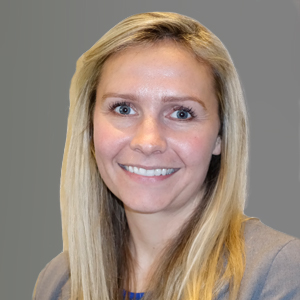In this episode, George speaks with Rafael Lourenco, EVP and Partner of fraud management provider ClearSale. Rafael returns to Payments on Fire® to address COVID’s impact including new online threats and the consumer behavior changes that challenge the customer checkout experience and fraud detection.
COVID-19 has contorted how merchants do business into new shapes. COVID-19 is forcing some merchants, often inexperienced with the online world, to make a swift digital transformation with all of its benefits and downside fraud risk.
For example, numerous brick-and-mortar merchants have rushed to embrace online commerce as they attempt to fill the revenue hole in their business. Others, as we’ll hear in this Payments on Fire® podcast, have suddenly found new demand for what they offer.
Even fraud management companies have found themselves dealing with unexpected shifts, including new behaviors of good customers.
* Consumers new to the online channel have suddenly appeared. Their checkout and payments behavior maybe confused and uneven.
* Prior customers may decide to become quarantine refugees and move in with friends and family at a different address. The new shipping addresses raises a red flag at the merchant’s fraud detection system.
As we’ve seen countless times after natural disasters, fraudsters see opportunity in the misfortune of others. The pandemic is no different. It’s also encouraged fraudsters who formerly operated in the physical world to attack the online channel. After all, they need to make a living, too.
Rafael takes us through these scenarios, what ClearSale has observed since very early in the COVID-19 outbreak, and some of the adjustments ClearSale’s full outsourced fraud management service has had to make.
He also discusses the role of machine learning and artificial intelligence (ML/AI) in fraud management. ML/AI has dropped ClearSale’s need for manual review from 30% of orders 10 years ago to 5% today.
ClearSale differentiates its service partly based on the extent fraud analysts examine the case before a questionable transation is declined. Rafael points out that, unlike an individual merchant who must maintain the same staffing level despite volume fluctuations (think Cyber Monday and mid-July), ClearSale’s fraud analyst team works across multiple merchant categories. That means, when one segments is busy another is less so. The result is “staffing in the cloud.”
For more on how COVID-19 has affected payment flows and the payments industry, read Glenbrook’s COVID Impact series.





